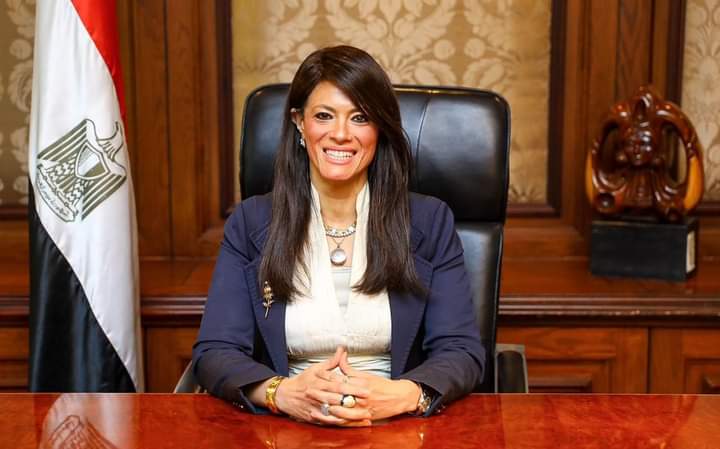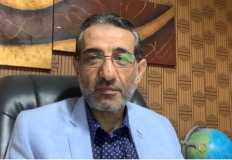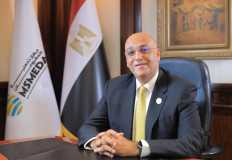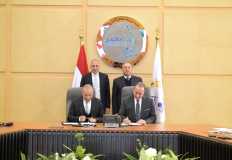
The Ministry of Planning and Economic Development, and International Cooperation organized a joint event with the United Nations Department of Economic and Social Affairs (UNDESA) during a side event of the first session of the Preparatory Committee for the Fourth International Conference on Financing for Development, held from July 22 to 26.
Dr. Rania El-Mashat, Minister of
Planning and Economic Development and International Cooperation, delivered a
keynote address during the event. In her speech, she reviewed the strategy
launched by the Ministry in May 2023 to strengthen South-South Trilateral
Cooperation (SSTC) and trilateral cooperation. This strategy aims to
consolidate joint action between countries with similar economic and social
conditions. Dr. El-Mashat explained that the strategy aims to enhance this cooperation
to encourage sustainable development and climate action through knowledge
exchange and by learning from successful sustainable development practices to
expand their scope and replicate them in other countries.
El-Mashat stated that the side
event is a testament to the commitment to working towards climate-resilient
development through fair financing. However, she added that despite significant
commitments, climate finance remains insufficient, especially in light of the
climate crises that have exposed global gaps. She explained that 11 of the 17
least-emitting countries are the most vulnerable to climate risks and have the
lowest levels of preparedness for climate change.
The minister explained that this
gap underscores the urgent need for climate justice, along with innovative and
effective financing solutions such as blended finance and debt-for-climate
swaps. These solutions are essential to attract and sustain investment in projects
that can address climate change and require coordinated efforts from all
stakeholders, including governments, multilateral development banks, the
private sector, and non-profit organizations.
Egypt champions fair climate
finance. She highlighted the launch of the "Sharm El Sheikh Guide for Fair
Finance," which introduces 12 guiding principles. These principles
emphasize: supporting developing countries' development rights, fostering
enabling environments, integrating fair finance into financial institutions,
and ensuring equitable access to quality climate finance for developing
nations.
Dr. Mashat added that the guide
focuses on innovative financing models that can reduce investment risks in
developing countries, with a particular focus on various mixed financing
methods and forms used.
She pointed to the launch of the
National Green Projects Platform by the Egyptian government, under the
"Nuwafy" program. This presidential initiative within the COP27
conference serves as a link between water, food, and energy projects.
She explained that the program is
an integral part of the National Climate Change Strategy 2050 and consists of 9
high-priority projects that reflect the goals of the Nationally Determined
Contributions (NDCs) to achieve a 42% share of renewable energy in the
electricity mix by 2035.
El-Mashat emphasized the
importance of innovative mechanisms like debt-for-climate swaps to tackle
climate change. These swaps help developing countries lessen their debt burden
and invest those funds in development projects. She shared Egypt's experience
with debt swaps involving Germany and Italy, and their recent memorandum of
understanding with China.
The minister added that the upcoming COP29 climate conference, the 2025 Development Cooperation Forum (DCF), and the Fourth International Conference on Financing for Development (FfD4) scheduled for June 2025, all present crucial opportunities to call for increased financial commitments, explore innovative financing mechanisms, and strengthen the participation of relevant stakeholders in addressing development challenges.





